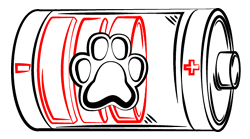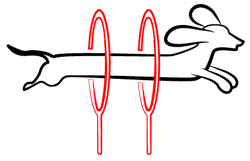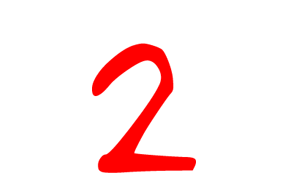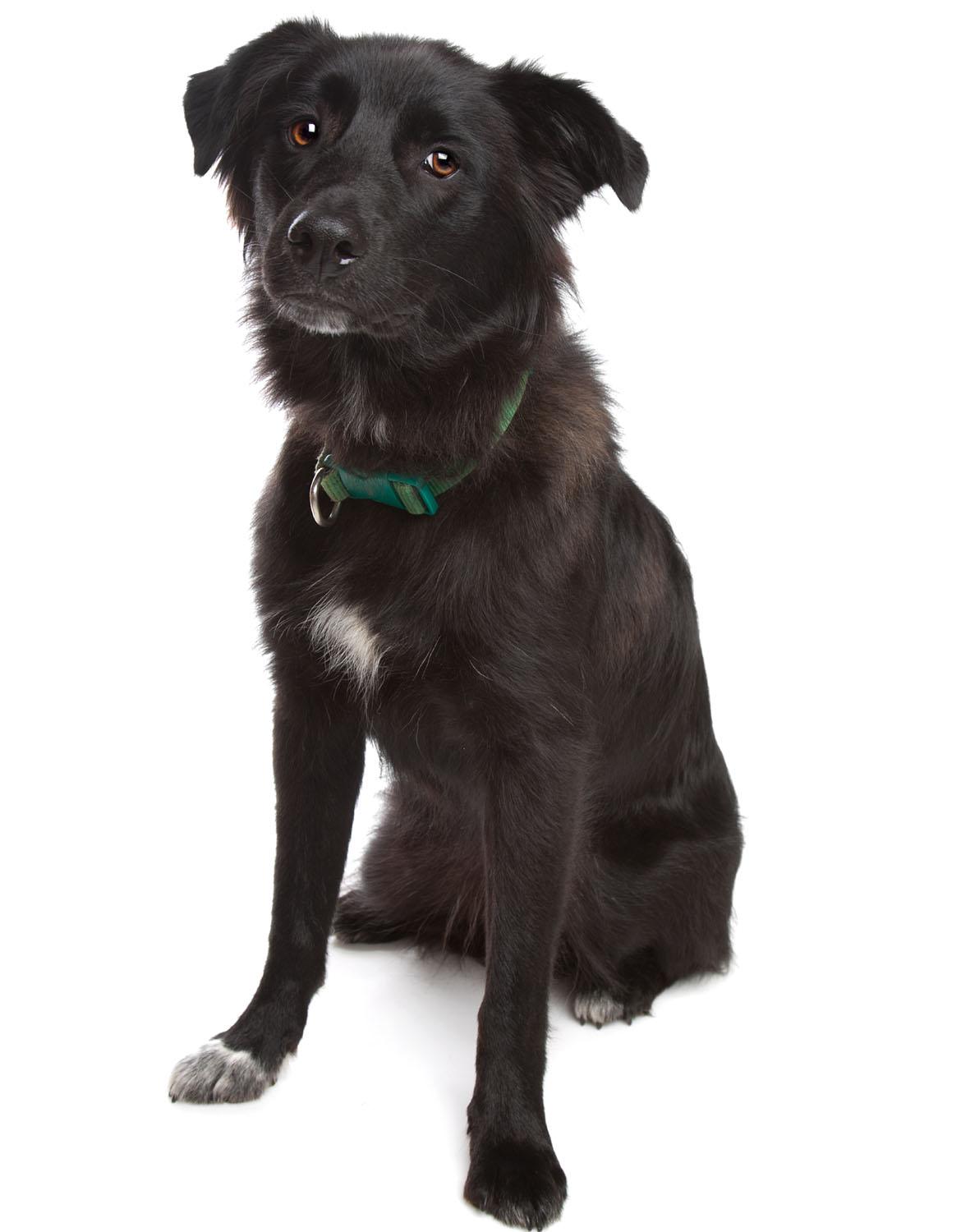
Paws ‘N’ Pups Quickview
Size
| Energy Level
| Trainability
| Paws ‘N’ Pups Rank
|
Characteristics
| Physical Characteristics: Height: 23-30” Weight: 65-122 lbs. Energy Level: Moderate – High | Colors: The American Kennel Club recognizes the in the following colors:
|
Health & Longevity
Average Life Span: 12-14 years
The Bulgarian Shepherd, also known as the Karakachan, is said to be a hardy and healthy breed with no known major health concerns or genetic conditions. It is important that you work with a reputable breeder to ensure your puppy is healthy. Improper and poor breeding practices lead to health problems in puppies, so do your due diligence as you look for a new companion for your home. While this breed does not have any major health conditions, there are some secondary conditions that you need to pay attention to. These secondary conditions are found by looking at breeds that are closely related to the Bulgarian Shepherd. This does not mean that your pup will have any of these issues, but it is best to be informed beforehand. Some of the conditions to keep an eye out for include patellar luxation, bloat, osteosarcoma, entropion, and hip dysplasia.
Patellar luxation is a dislocated knee. While this breed is not known to have them, similar breeds do have this condition. Basically, if your pup has a dislocated knee, you will know because he or she will hold up his or her leg and experience weakness in the limb.
Bloat is a serious condition that occurs in many breeds of dogs with some being more likely to develop the condition than others. Your Bulgarian Shepherd may experience this condition at some point in his or her life and treatment is imperative, not doing so can be detrimental. Bloat happens when the stomach has too much gas trapped in it and the stomach expands and places pressure on the organs around it. Veterinary intervention is needed immediately should this condition occur.
Osteosarcoma is bone cancer and can affect many large to gigantic dog breeds. While your Bulgarian Shepherd does not have a history of this type of cancer, it can happen.
Entropion occurs when the eyelid of your pup turns inward. This condition can cause the eyelashes to scrape the eye and leave a superficial cut. This cut can become infected and the cycle can continue around and around.
Lastly, your Bulgarian Shepherd may experience hip dysplasia, although it is not common in this breed. This condition happens when the hip joint is deformed or the joint does not fit into the socket correctly. This is a painful condition and normally affects older pups.
The Bulgarian Shepherd’s life expectancy is 12 to 14 years.
Temperament & Train-ability
The Bulgarian Shepherd is described as an independent, loving, protective, working dog. The Bulgarian Shepherd is used to being a working dog and is usually not happy unless he or she is working. It is possible to have a happy pup living indoors, especially if raised inside as a puppy.
This breed is very loyal and devoted to his or her owner, but you must assert yourself as the pack leader and show that you are the alpha. It is easy for your pup to read when you are not the alpha and it will take advantage of you. If this happens, you will have trouble becoming the pack leader.
The Bulgarian Shepherd gets along well with children and other animals, especially if raised with them from a young age.
Your pup can make a good watch dog and is weary of strangers or intruders and will protect those that he or she loves. Your pup will alert you to danger or the potential of danger.
Since this breed is used to working as a guardian and protector, you will find that he or she is very independent and head strong. Training this breed may seem impossible at times and you will run into instances where your pup does not listen or does not perform. Just remember, training will take time and patience. There is no use in getting upset or trying harsh training methods because they will not work at all.
Your Bulgarian Shepherd will need a walk or two per day, but is just as happy roaming around in your fenced yard as well. You will find that he or she is quite active and is happier when outdoors.
Grooming
Your Bulgarian Shepherd does not require a lot of grooming, but it is important to know that this breed does shed and can shed a lot when it is time to lose their double coat. You should brush his or her coat once per day to remove loose hairs.
You do not need to bathe your Bulgarian Shepherd unless he or she is really dirty or stinky. You should clean his or her ears once per week and trim his or her nails once per month.
Diet
You can expect your Bulgarian Shepherd to eat between four and five cups of food per day. You want to make sure that you purchase a high quality brand of dog food. The brand you purchase should be made with natural ingredients and not contain any chemicals.
You should make sure that the food contains enough protein as well. Your active pup needs a food that is low in calories too.
Looking for a Bulgarian Shepherd?
 Find A Bulgarian Shepherd Breeder |  Bulgarian Shepherd Puppies For Sale |  Adopt A Bulgarian Shepherd |
Cost
A Bulgarian Shepherd puppy will cost you anywhere between $350 and $1,200. The price of your pup will depend on the breeder you select and the demand for the breed at the time.
As you think about the costs, you need to also factor in the cost of veterinary care, vaccines, and food. You can expect to spend anywhere between $500 and $1,500 annually.
Paws ‘N’ Pups Ranking
Paws ‘N’ Pups ranks every breed out of 4 with 1 being easiest to integrate into your life and 4 being the toughest – The lower the ranking the better.
Ranking takes into account a few basic factors including cost, skill level needed, high vs low maintenance and how critical regular training is to success. The Bulgarian Shepherd is a great breed that loves to work and offer protection to his or her family. This pup gets along well with children and other pets. While this breed sheds quite a bit, you do not have to go above and beyond to groom your pup. This breed ranks a 2.
Breeds Similar To Bulgarian Shepherd
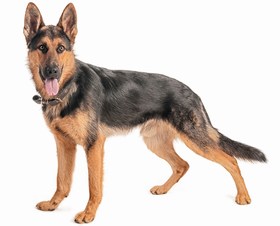 German Shepherd | 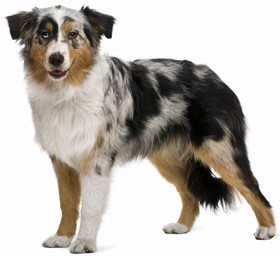 Australian Shepherd | 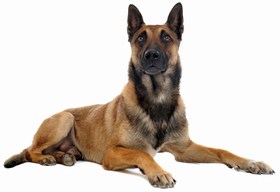 Belgian Malinois | 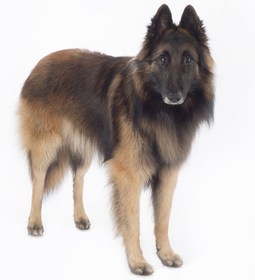 Belgian Tervuren |


